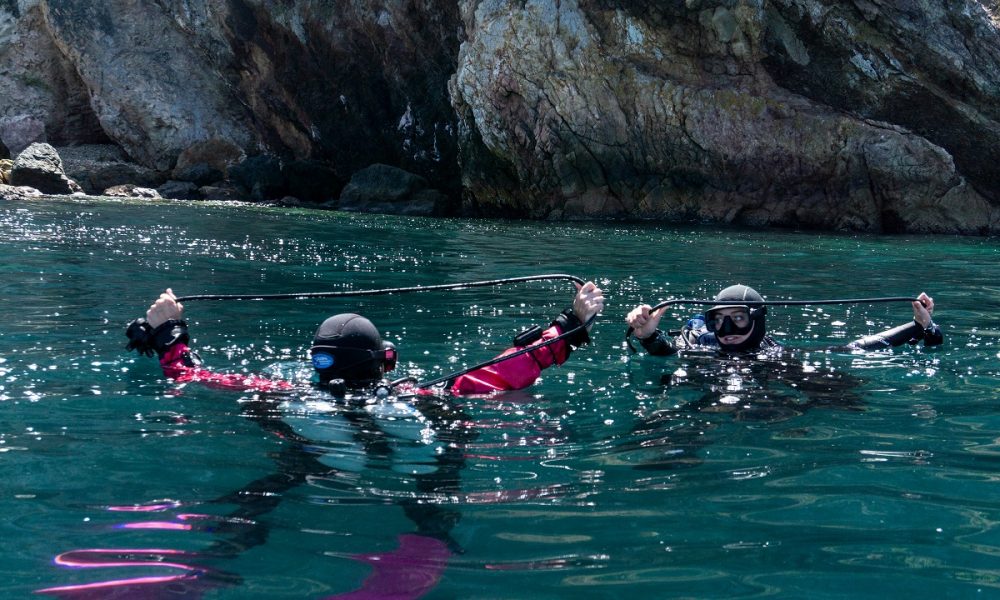You seem to be a bit confused about what divers are actually doing. Planning is an essential part of the pre-dive sequence.Diving on the fly is headless chicken diving, No plan and no discipline, and 100% will land you in trouble. Never do it shallow or deep. A plan demands discipline, if you like a DC or to write it down or both is up to the diver. Knowing the relationship between depth, time and decompression isn’t enough. I wouldn’t make a simple single tank dive without a plan.

The GUE Pre-dive Sequence
As you’d expect, Global Underwater Explorers (GUE) has a standardized approach to prepare your equipment for the dive, and its own pre-dive checklist: the GUE EDGE. Here explorer and filmmaker Dimitris Fifis preps you to take the plunge, GUE-style.
 gue.com
gue.com
You can write down the plan plus various contingencies on your wet notes if you like. But for ocean tech diving things happen quickly; you need to be heads up watching your buddy, especially in an emergency, and may not have time to consult a written plan before acting. Knowing the relationship between depth, bottom time, and total deco time is enough to adjust the plan on the fly in response to an unexpected change in circumstances.
Surface support is an essential part of the integrated team and obviously they are included in the planning process. For boat diving at a minimum that means agreeing on things like planned bottom time and run time, SMB deployment, and emergency procedures.Let’s all go off and make it up as we go along, no one knows what’s happening including the surface supervisor.






